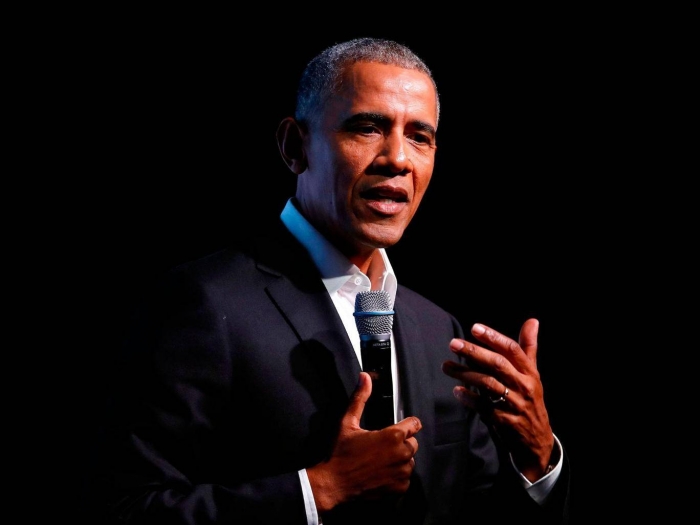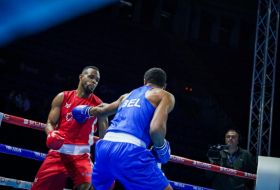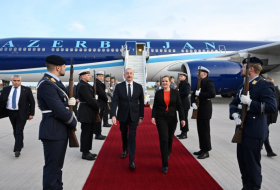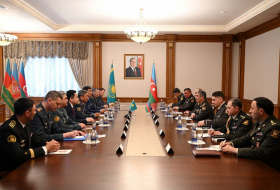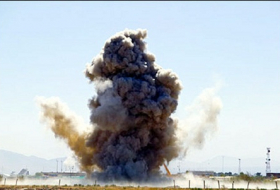Speaking to Prince Harry in an interview broadcast by the BBC, Mr Obama said that “all of us in leadership have to find ways in which we can recreate a common space on the internet”.
If intended as a nod in Mr Trump’s direction, the line was gentler and more oblique than the 44th President’s previous interventions in which he has told the billionaire he needs “an edit function” and to “think before you tweet”.
He has also joked that more women should be elevated to positions of power because men “seem to be having some problems these days”.
Asked by Harry whether he could have used the White House to prevent the problems of “trolling, extremism, fake news and cyber bullying” online, Mr Obama said: “Most of this is happening outside of government and in the United States in particular we have a very strong First Amendment.
“I am, as a former constitutional lawyer, pretty firm about the merits of free speech.
“The question, I think, really has to do with how do we harness this technology in a way that allows a multiplicity of voices, allows a diversity of views, but doesn’t lead to a Balkanisation of our society, but rather continues to promote ways of finding common ground?
“I’m not sure government can legislate that, but what I do believe is that all of us in leadership have to find ways in which we can recreate a common space on the internet.”
Mr Obama, 56, admitted that in US politics “there’s just a perpetual campaigning taking place”, adding he had developed “a very thick skin” after years of criticism of his actions.
He emphasised the importance of being offline and meeting people face-to-face.
He said: “One of the dangers of the internet is that people can have entirely different realities. They can be just cocooned in information that reinforces their current biases.
“One of the things that I think I discovered even back in 2007, 2008, is a good way of fighting against that is making sure that online communities don’t just stay online.
“Social media is a really powerful tool for people of common interests to convene and get to know each other and connect. But then it’s important for them to get offline, meet in a pub, meet in a place of worship, meet in a neighbourhood and get to know each other, because the truth is that on the internet everything is simplified.
“When you meet people face-to-face it turns out they’re complicated. There may be somebody who you think is diametrically opposed to you when it comes to their political views but you root for the same sports team. Or you notice that they’re really good parents.
“You find areas of common ground because you see that things aren’t as simple as had been portrayed in whatever chatroom you’d been in.
“It’s also, by the way, harder to be as obnoxious and cruel in person as people can be anonymously on the internet.”
Facebook and Twitter have faced repeated calls to tackle abuse and extremism on their platforms.
Before Christmas representatives were hauled before Parliament’s home affairs committee where chairman Yvette Cooper accused them of “grooming and radicalisation”.
“Once people go on one slightly dodgy thing, you are linking them to an awful lot of other similar things” through algorithms, she said.
YouTube’s representative said it was limiting recommendations to prevent people being trapped in a “bubble of hate”.
Simon Milner, of Facebook, denied its algorithms were themselves radicalising users but admitted there was a “shared problem on how we address a person going down a channel that may lead them to be radicalised”.
While Twitter has made a “sea change” in how it responds to abuse, its public policy head told MPs, Ms Cooper said it had failed to take down racist posts flagged by politicians.
More about: #BarackObama








